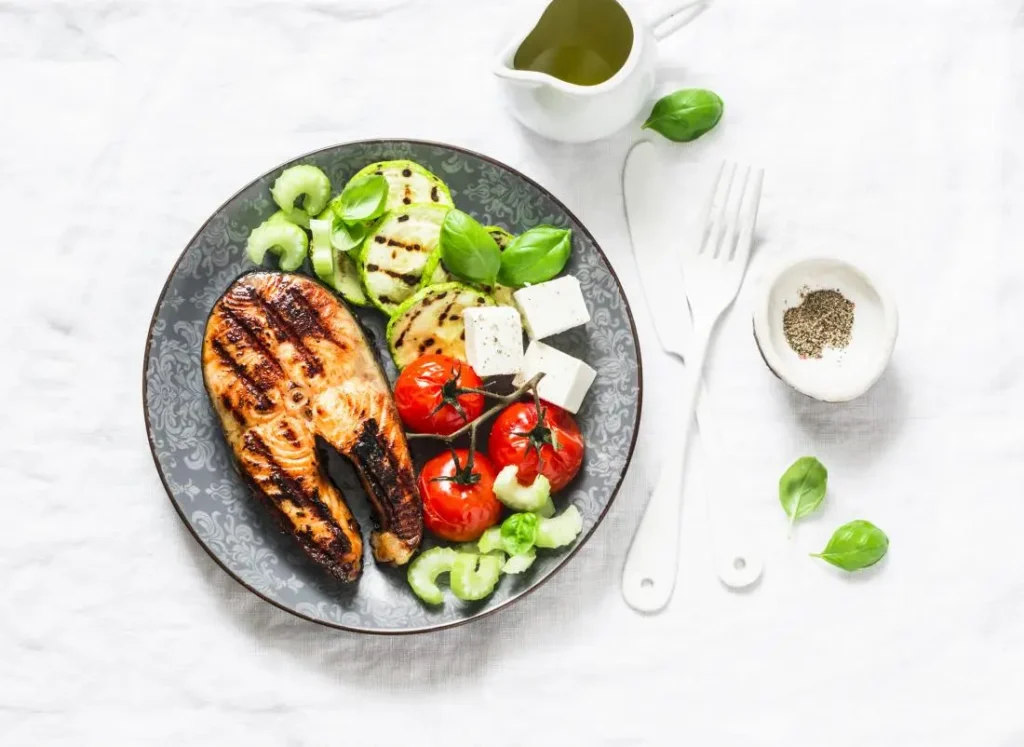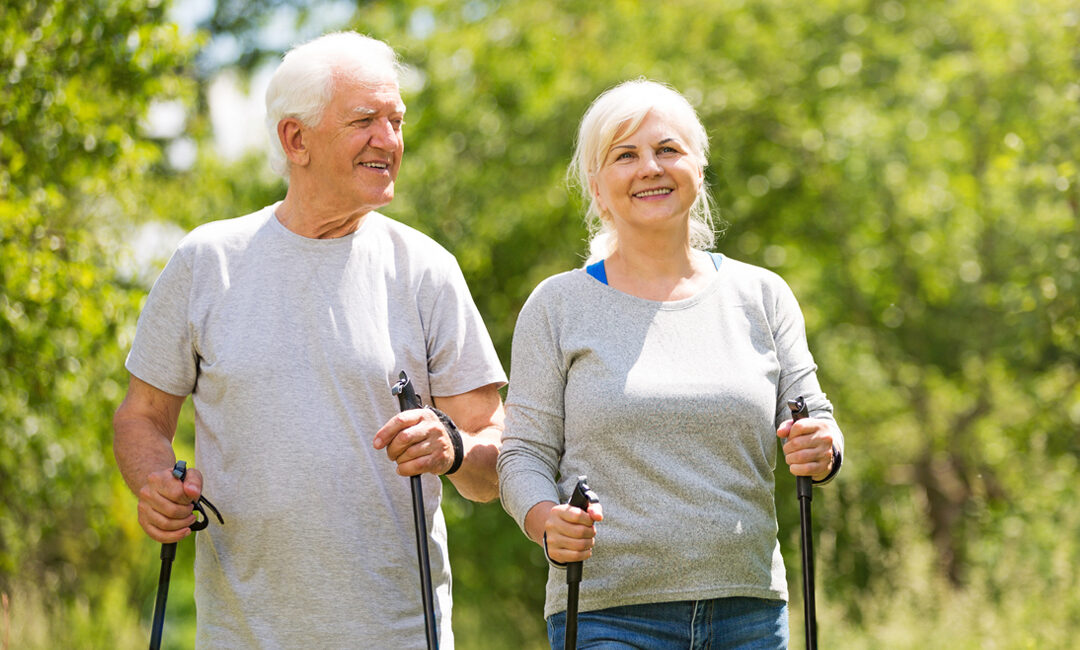What to Expect After a Heart Attack: Real Advice From Someone Who’s Been There
Let me start by saying this: if you’ve just had a heart attack, I’m genuinely sorry you’re here reading this. But I’m also very glad you are here. Because that means you survived. And survival, as you’re about to discover, is just the beginning of a new chapter. Not the end.
When I had my heart attack, I didn’t see it coming. Sure, I was tired a lot. Sure, I told myself I should lose a few kilos. But I didn’t think that would happen to me. I was too busy, too young (I thought), too full of life. And yet, there I was.
So this blog isn’t written by a doctor. It’s not filled with medical jargon or fluffy platitudes. This is the stuff I wish someone had told me in the hospital bed, when I was staring at the ceiling at 3am, wondering what the hell comes next.
What Happens Immediately After a Heart Attack?
The first few days are a blur. You’ll probably be sore, disoriented, and full of questions. And if you’re anything like me, you’ll be impatient to get back to normal.
Here’s the truth: there is no going back to the old normal. That’s not necessarily a bad thing. You’re going to have a new normal — and believe it or not, it can be better than before.
Take it slow. Really slow. I thought I’d be walking the dog within a week. Instead, I was out of breath walking from the kitchen to the sofa. Your body has just been through a war zone. Give it time to repair.
Coping With the Emotional Aftershocks
Nobody warned me about the emotional side. One minute I felt grateful to be alive. The next, I was crying in the shower or lashing out at people I love.
This is normal. You’re not going mad. There’s even a term for it: post-cardiac blues. Your body’s been through trauma, your brain’s recalibrating, and your emotions are bouncing around like a pinball.
You might feel scared to sleep, afraid it could happen again. You might worry about being a burden. You might suddenly re-evaluate your entire life. All of this is common, and it will settle.
Don’t be afraid to talk about it. With a friend, a counsellor, a support group, or even a stranger online. Talking helps.
Understanding Your New Medication Routine
Welcome to the world of pills. If your bedside table suddenly looks like a pharmacy shelf, you’re not alone.
I struggled with the idea of being on daily medication for the rest of my life. It felt like admitting defeat. But I came to realise something important: these little tablets are my life insurance. They’re not a sign of weakness; they’re part of my survival kit.
- Learn their names
- Know what they do
- Ask your doctor questions
- Keep a list on your phone
Be proud of taking responsibility for your health.
Why You Shouldn’t Skip Cardiac Rehab
If you’re offered cardiac rehab, take it. It changed everything for me.
At first, I thought it would be a bit of gentle exercise and a lecture or two. But it was so much more. It taught me how to move again, how to eat better, how to understand my heart, and most importantly, how to trust it again.
It also introduced me to people who were walking the same path. That sense of solidarity, of knowing you’re not alone, is priceless.
How to Redefine Fitness After a Heart Attack
Before the heart attack, I thought fitness meant pushing myself until I sweated and hurt. Now, I understand that health is about consistency, moderation, and kindness to your body.
At first, a five-minute walk might be all you can manage. That’s okay. Celebrate every little milestone. Your body will tell you when it’s ready for more.
I now walk every day. Some days I do yoga. I’ve even jogged again. But I listen to my heart. Literally. I wear a smartwatch, not for vanity, but to track my pulse and notice patterns. It helps me feel safe.

Eating for a Healthier Heart
I used to see food as pleasure, comfort, sometimes punishment. After my heart attack, food became something else: fuel.
You don’t need to eat nothing but kale and quinoa. But learning to eat in a heart-healthy way doesn’t mean giving up joy. It just means making smarter choices more often.
- Swapped fried food for grilled
- Butter for olive oil
- More veggies, less salt
- More legumes and grains, less processed junk
I still eat chocolate — I just eat less of it, and better quality. The Mediterranean diet is a great place to start, and I’ll write more about that in another post.
How a Heart Attack Can Change Relationships
This surprised me. Some friends stepped up. Others faded away. A heart attack can make people uncomfortable. It reminds them of their own mortality.
That’s not your problem.
Focus on the people who do show up. Who text to check in. Who come round for a cuppa. Who walk beside you, literally or metaphorically.
Your relationship with yourself might shift too. You might become more aware of your limits. More protective of your time. More willing to say no.
This is not selfishness. It’s survival. It’s growth.
Dealing With Fatigue and Sleep Issues
Post-heart attack fatigue is real. You might sleep like a log one night, then toss and turn the next. You might feel like a nap at 11am, and that’s okay.
Your body is repairing itself on a deep level. Don’t fight it. Nap if you need to. Go to bed early. Ditch the guilt.
Try a gentle bedtime routine:
- No screens late at night
- A cup of camomile tea
- A warm shower
- Some light reading
Treat your body like you would a recovering friend.
Overcoming Fear and Finding Courage Again
I won’t lie to you: I was scared. Of walking too far. Of going to sleep. Of being alone in the house. Of being too far from a hospital.
But slowly, bit by bit, I got braver. The first solo walk around the block. The first time I drove again. The first holiday. The first time I laughed without fear.
Courage comes quietly. It doesn’t roar. It whispers, “Let’s try this.” And you do.
Finding Purpose After a Heart Attack
A heart attack can feel like a giant stop sign. But once you’ve stopped, you get to choose what direction to go next.
Some people change careers. Others pick up old hobbies. Some reconnect with lost friends. I started writing. Sharing my story. Helping others navigate this new world.
You don’t need to become a motivational speaker or run a marathon. But do ask yourself: what do I really want from this second chance?
Life post-heart attack is fragile, yes. But also precious. It strips away the noise and leaves you with what matters.
Final Thoughts: What I Wish I’d Known
Let me end with a few truths I wish I’d been told sooner:
- Recovery isn’t linear. Some days you’ll feel amazing. Other days, you’ll wonder if you’ve gone backwards. That’s okay.
- You’ll grieve the old you. And then, in time, you’ll embrace the new one.
- You’re allowed to be angry, scared, sad, and hopeful — all in the same day.
- Ask for help. From your doctor, your partner, your kids, your mates. Don’t tough it out.
- You are not broken. You are healing.
Having a heart attack isn’t the end of your story. It might just be the chapter that makes the rest of the book more meaningful, more mindful, more real.
So take a deep breath, rest when you need to, and know that someone else out here has walked this path too.
If you found this helpful, please share it with someone who might need it. Got questions or your own story to tell? Drop a comment below — I reply to every one.
You’ve got this.

